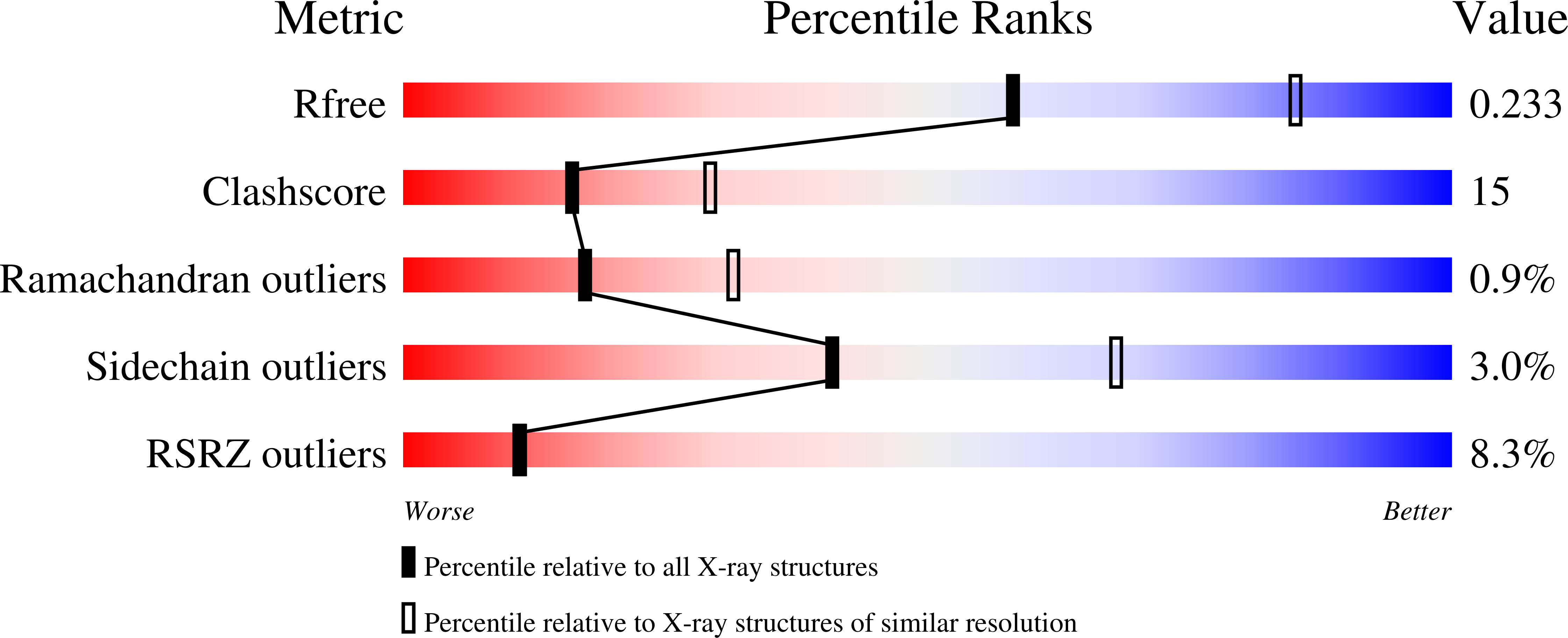
Deposition Date
2003-06-03
Release Date
2003-08-19
Last Version Date
2023-08-16
Entry Detail
PDB ID:
1PJN
Keywords:
Title:
Mouse Importin alpha-bipartite NLS N1N2 from Xenopus laevis phosphoprotein Complex
Biological Source:
Source Organism(s):
Mus musculus (Taxon ID: 10090)
Expression System(s):
Method Details:
Experimental Method:
Resolution:
2.50 Å
R-Value Free:
0.23
R-Value Work:
0.20
R-Value Observed:
0.20
Space Group:
P 21 21 21


